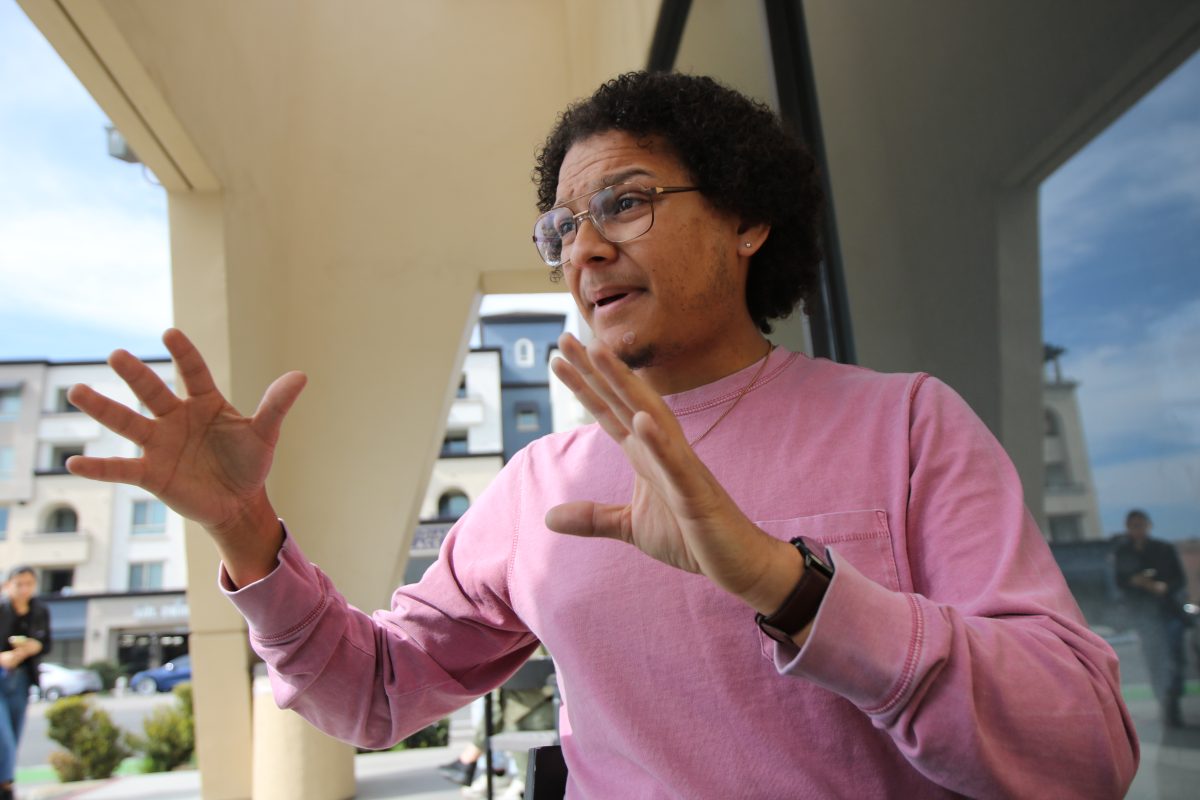2 stars out of 5
Previous political commentary films and/or documentaries have endeavored to capture the entertainment market. The essence and excellence of these films have been inconsistent and more importantly, not entertaining. “Gerrymandering” is no exception.
“Gerrymandering” was, in essence, a depressing, dismal and dull documentary about political mumbo jumbo. The questions becomes why make these films at all. Concerns and controversy need to be substantiated and supported, otherwise why produce a documentary? Unless, of course, they compose a consistent, compelling film of worthwhile entertainment.
According to Webster’s Dictionary, gerrymandering is “an arbitrary arrangement of the election districts of a state or county made to give one party an unfair advantage in elections.”
The film points out that nationwide the two preeminent political parties, the Democrats and Republicans, are gearing to control Congress during the next decade once the next census is released. Each state struggles to preserve gerrymandering, their advantageous secret political weapon. Most voters aren’t aware elections can be bluntly decided by map lines.
Gerrymandering connects boundary lines modified in an electoral district to effect an election in one party’s favor. Inspired by the Texas Democrats’ 2003 opposition against gerrymandering, writer/director/producer Jeff Reichert captured modern day gerrymandering and exposed the disheartening realities of current politics.
California, Texas, Iowa, and New York proved awkward and bewildering examples of American politics.
The film’s foundation relies heavily on the 2008 Proposition 11, which changed the way California electoral boundaries were drawn and established the Citizens Redistricting Commission. The film exposes effective applications in manipulating the election system. While troubling to learn, dozens of governmental officials enlighten the viewer regarding deplorable political realities.
Inept and inactive voters will be dismayed and dumbfounded by this dreary, dry documentary, while apprized and attentive voters already possess this data. Gov. Arnold Schwarzenegger pointed out that Proposition 11 was heavily focused to create a “beginning, middle, and an end” to the film, which turned out to be lengthy, lingering and lackluster segments.
There are glimmers of hope to be enjoyed by viewers. One interesting segment depicted how Anamosa, Iowa elected Danny Young to city council with two write-in votes because no one ran for city council. Because a prison inhabited Young’s district, 96 percent of the voter population proved ineligible. Every vote substantially impacted Anamosa’s elections, but similar elections were only brusquely mentioned. Certain facts were also briefly mentioned, but never expounded or spelled out. When exiting the screening, a fellow critic asked, “Why weren’t prison districts discussed further? Why even mention them in the first place?’
Considering Gov. Schwarzenegger is approaching the end of his term as California’s “Governator,” he unwisely forged this film as his comeback movie. Schwarzenegger co-stars with countless politicians, but this slick actor invariably steals the spotlight with his every appearance. He even acknowledges that he still knows how to work (manipulate or gerrymander) the camera in this documentary movie. He even refers to elections as suspense movies because voters are on the edge of their seats until the ballots are all tabulated.
Politics has always been cruelly and cynically competitive. Current career politicians possess no real accountability, especially incumbents, because they know how to shuffle the system. Competition creates melodrama between candidates. When no one challenges a candidate, voters develop dissatisfaction because of wasted votes. In most cases, that’s the truth because districts are specifically designed to favor certain parties. As the documentary suggested, would Michael Phelps have broken Olympic records if he swam alone in the pool?
Considering the talent behind “Gerrymandering,” the film should have been more entertaining. Producers Chris Romano and Dan O’ Meara were responsible for “By the People: The Election of Barack Obama,” an HBO documentary chronicling Obama’s historic campaign from 2006 to November 2008. Award-winning director of photography, Gary Keith Griffin, who worked on the Academy Award winning “Educating Peter” and editor Sam Pollard, of “By the People” created an alluring, appealing film, but that didn’t save the film’s overall concreteness, consistence or caliber.
Fundamentally, the movie broadcasted a motivating message to the less informed voter. Unfortunately, the film resembles an endless 77 minute public service announcement for Proposition 11. This film is not for everyone and maybe not for anyone.
“Gerrymandering” opens Oct. 15.





